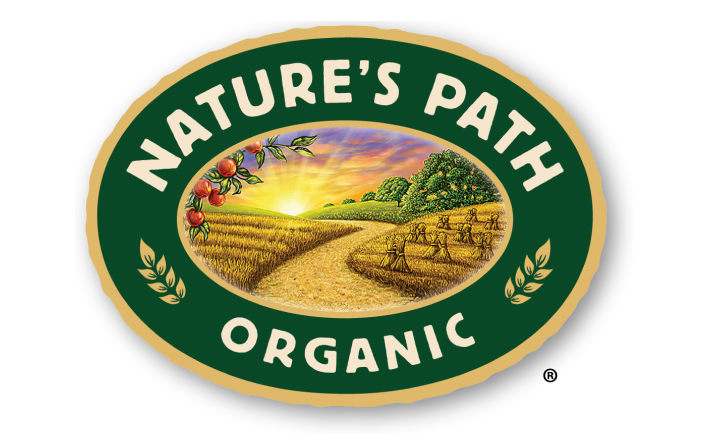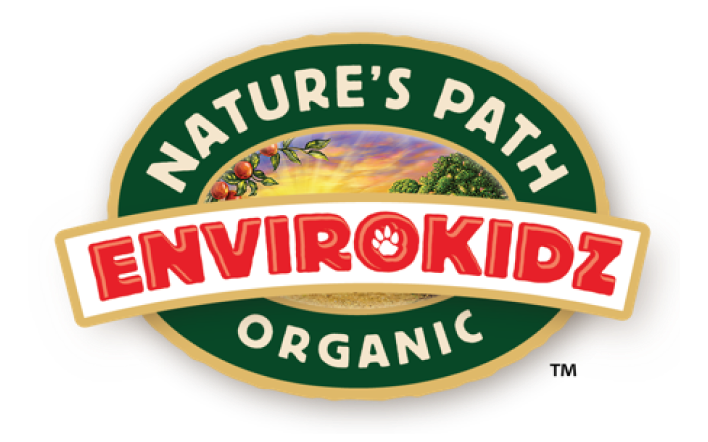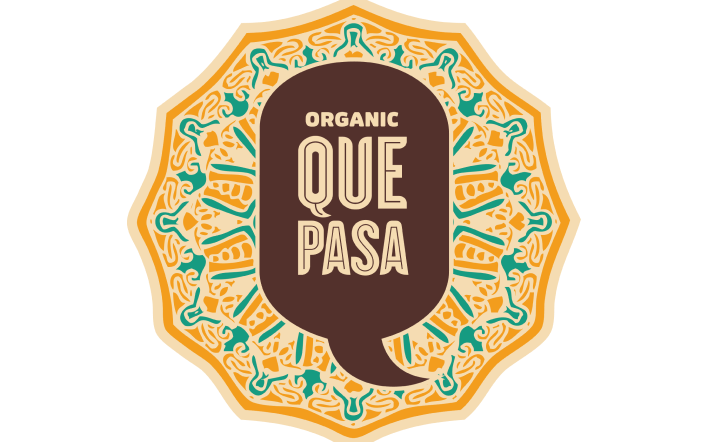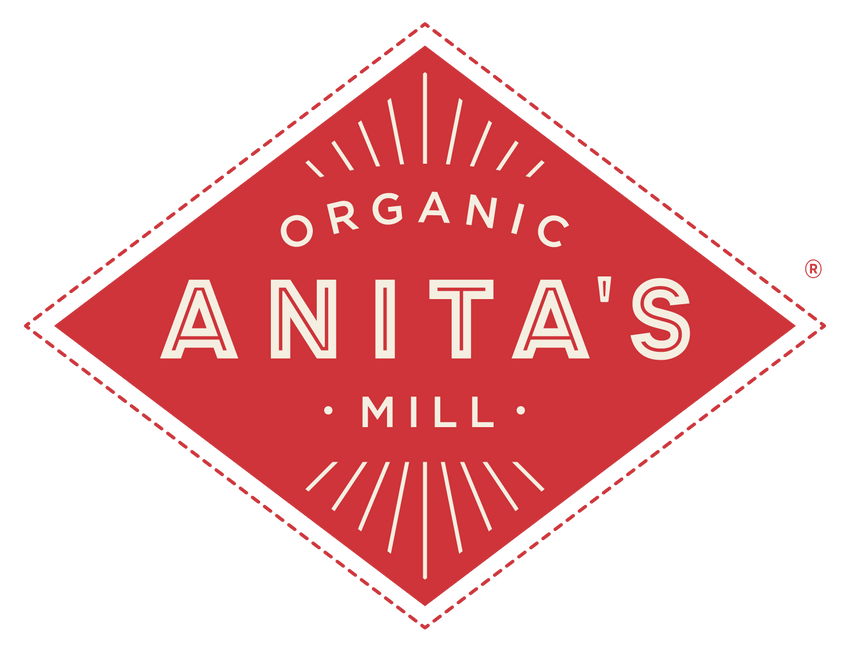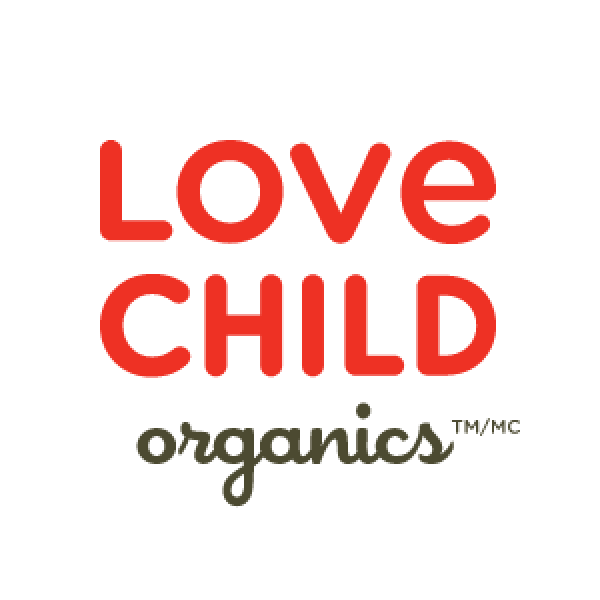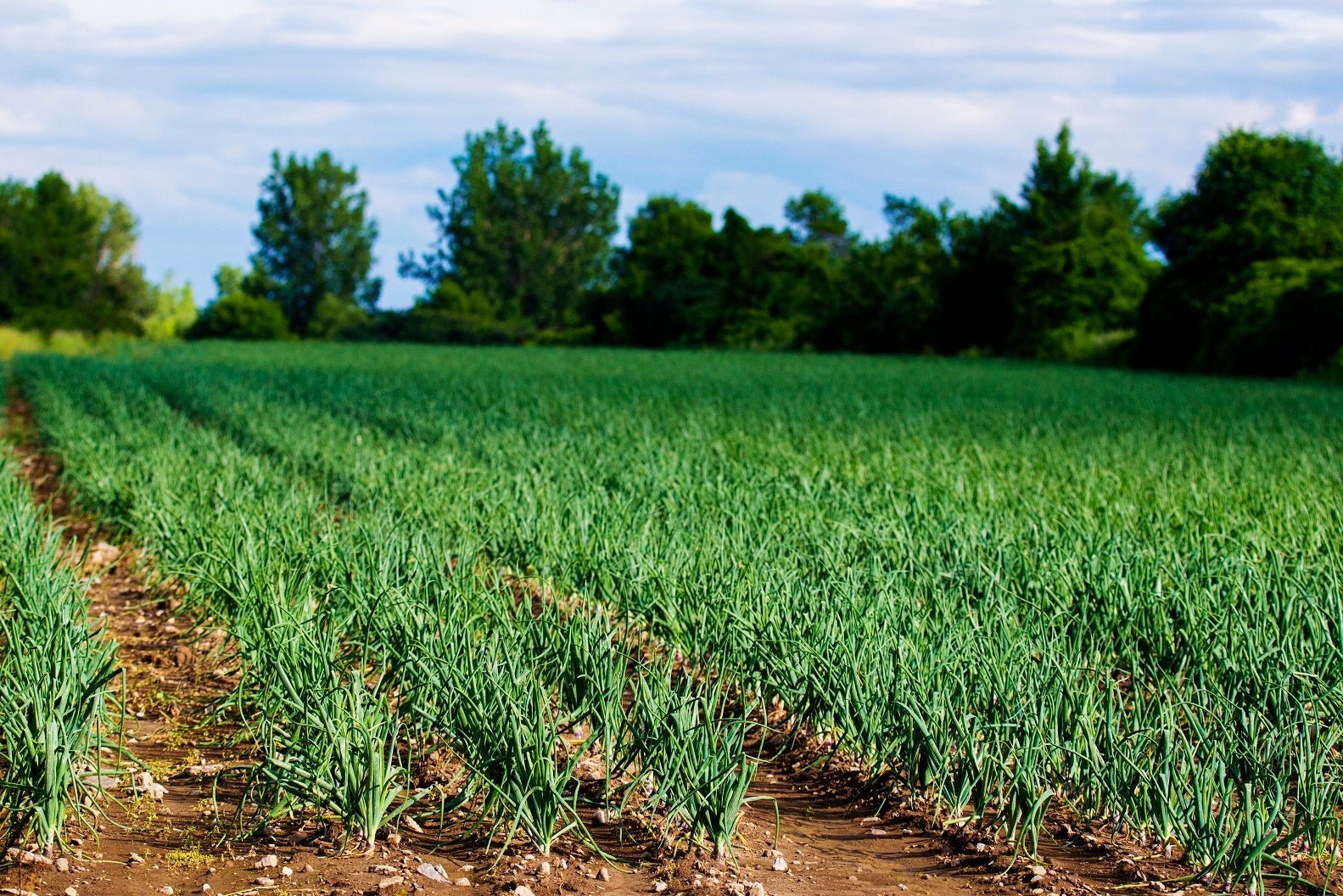
But Can Organic Farming Feed the World?
Producing and eating organic food are both becoming more common (yeah!), but detractors like to pooh-pooh organic farming (and as the organic sector expands, the detractors are getting louder). Sure, they say, organic food is nice for rich, privileged folks, but in the long run organic farming is impractical, inefficient, and simply can’t feed the expanding population of the world.
n
Tags:
Producing and eating organic food are both becoming more common (yeah!), but detractors like to pooh-pooh organic farming (and as the organic sector expands, the detractors are getting louder). Sure, they say, organic food is nice for rich, privileged folks, but in the long run organic farming is impractical, inefficient, and simply can’t feed the expanding population of the world. But if you look at the available scientific evidence you’ll discover that organic farms often yield as much or more as conventional farms do and, not only CAN organic farming feed the world, organic farming is more resilient and sustainable than our current petroleum-based conventional system. Let’s start by laying one myth to rest, the idea that having hungry people means we aren’t producing enough food. According to the United Nations Food & Agriculture Organization (UNFAO) we already produce enough food to feed everyone on the planet plus all the additional people expected to join us through at least 2030. And yet, millions of people are going hungry around the globe. Obviously, hunger isn’t directly related to food supply. Rather, it is dependent on food distribution and economics. There are any number of ways to address hunger, but producing more food overall isn’t one of them.
Don’t organic farms have lower yields?
Over the last half-century or so, industrial agriculture has vastly increased yields of commodity crops (such as grains) grown on large farms. This Green Revolution was achieved by breeding plants that are very uniform, can grow very close together, and make good use of synthetic fertilizers (made from and with petroleum), as long as they are treated with generous doses of man-made pesticides (also made from and with petroleum) to control the insects and diseases that can become huge problems when hundreds of square miles are planted with the same cultivar of the same crop. But this system is not sustainable in the long run, and it often ends up having the farmer simply following a set plan provided by the chemical company, and in hock to the bank, sometimes with the result that they can’t afford to stop. New seeds must be purchased each year, as well as man-made fertilizers and pesticides, because without the whole package, yields will plummet or the crop will fail altogether, and the loan will come due. So, yes, conventional agriculture produces high yields, but only as long as a high level of man-made inputs is purchased and applied on schedule...and the weather cooperates...and no new resistant pest or disease emerges. Organic farming, on the other hand, relies on naturally produced fertilizers, crop rotation, mechanical cultivation, mulching, cover cropping, and growing a wider range of different crops on each farm so insects and diseases have less of a chance to run wild (and not all will be lost if something does) – all of which make organic farms more self-reliant (sustainable), more resilient, and less likely to suffer catastrophic crop failures due to weather extremes, new pests or diseases. Organic farming is, admittedly, more complicated than just getting a loan and buying the recommended man-made fertilizers and pesticides and then following a set schedule. But it isn’t rocket science, it is just using a different set of tools and techniques, which are getting larger and more effective every year, as more research money is devoted to exploring organic methods. According to the Rodale Institute, which had been studying organic vs. conventional agriculture side-by-side every year since 1981, their average yields of grain have been almost as high from the organic fields as from the conventional fields, and in dry years the organic fields have yielded significantly more than the conventional ones. They have also found that operating costs have also been about equal (organic and conventional farmers just spend money on different things: spreading mulch or cultivating to dislodge weeds instead of spraying herbicide, planting and managing green manure crops instead of buying and spreading man-made fertilizers). Other studies have come up with less optimistic figures for yields, but even so, overall averages for solid, long-term comparison studies suggest organic farms produce at least 80%-100% of what conventional farms do. Interestingly, this yield-gap, where one exists, appears mostly in studies conducted in developed countries: when studies are conducted in poorer countries the yield gap disappears or even reverses, with organic farms often producing more than conventional ones. Organic farms, especially small, family farms, also tend to raise multiple crops in the same space. For example: an organic farmer might grow grain between the rows of young nut trees, so overall yield per acre for the grain would be lower, but as the nuts started bearing, there would be both grain and nuts being harvested from the same land, and eventually timber to harvest.Can Organic Farms Get Enough Natural Nitrogen Fertilizer?
Yes, they can, and even without using animal manures; it just takes some planning and time. Although as much as two-thirds of farmland is currently fertilized using man-made nitrogen compounds (made from and with petroleum) and salespeople from agrichemical companies (and such extension agents as depend on them for all their advice) would have you think you can’t get good yields without synthetic nitrogen fertilizer, the Rodale Institute has shown that leguminous cover crops can harvest enough nitrogen from the air to supply the needs of the next crop planted. In their study, a winter cover crop of red clover in an oat/wheat-corn-soy rotation has been proven to add enough extra nitrogen so that the wheat and corn produce well. In drier or tropical climates, other legumes can stand in for red clover. Repeated use of legume cover crops not only harvests nitrogen from the air for free, it builds soil organic matter level (which increases the health and drought-resistance of the soil, plus ties up carbon dioxide out of the atmosphere), prevents soil erosion, and can even help reduce populations of problem weeds. So the next time someone tells you “Organics can’t feed the world,” you can confidently say, well, actually, yes they can and they can do it for a lot longer than our current petroleum-dependent farming system can.Would you like to be the first to hear about our new products and more? Sign up for our Nature’s Path Newsletter.


